Market Trends
Key Emerging Trends in the Residential Water Softening Systems Market
The residential water softening systems market is currently at a significant trend as more homeowners become conscious of the effects hard waters cause to them. A key development is the tendency towards environmentally friendly and salt-free water softening systems. With the rise of environmental consciousness, people are shifting towards new options to salt-based water softening systems because they overflow their brine into the wastewater system that may be harmful to nature. Saltless systems, based on template-assisted crystallization or electronic water descaling technologies are in demand because they promise productive moisture condition without the environmental risks of salted counterparts. Another important trend is the incorporation of smart technology into residential water softening systems. However, as the popularity of smart homes increases, consumers demand water softeners that can be remotely controlled using mobile apps or home automation systems. This enables users to monitor water consumption, receive maintenance reminders and change settings from a distance effectively enhancing the user experience. Smart water softeners also help in the conservation of water by creating awareness about usage patterns and cultivating responsible use of the resource. The market is also seeing more attention paid to water softening systems that are smaller and space-saving. With dwindling living spaces, particularly in urban areas, homeowners are looking for solutions that offer high performance without utilizing too much space. Manufacturers are coming up with water softeners that can fit in small places like apartments, townhouses, etc. This trend is consistent with the increasing need for functional and practical appliances in households. In addition, water softeners with advanced filtration systems are gaining popularity in the domestic sector. Such consumers are becoming increasingly conscious of the quality of their water not only as a whole in terms such as hardness, but also impurities and contaminants. With multi-stage filtration technologies, including activated carbon or reverse osmosis water softening systems become popular as they solve two problems at the same time, hardness of water and its quality overall. This trend shows the movement towards integrated water treatment technologies that meet multiple issues of consumers. Apart from these technological challenges, there is a significant development in consumer education and awareness related to water softening. Homeowners act preemptively because they need to learn about the advantages of water softeners, their many types and how hard water affects appliances and plumbing systems.


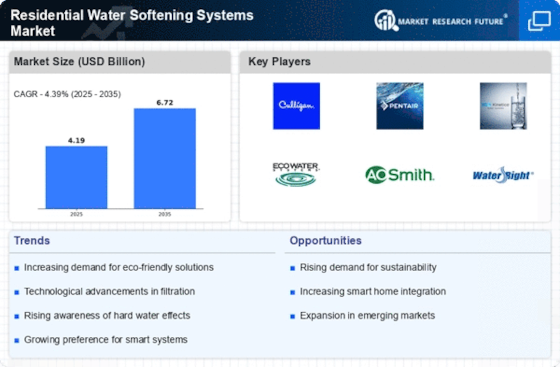
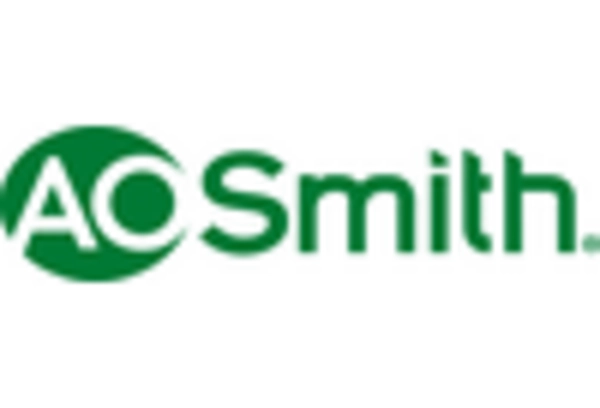
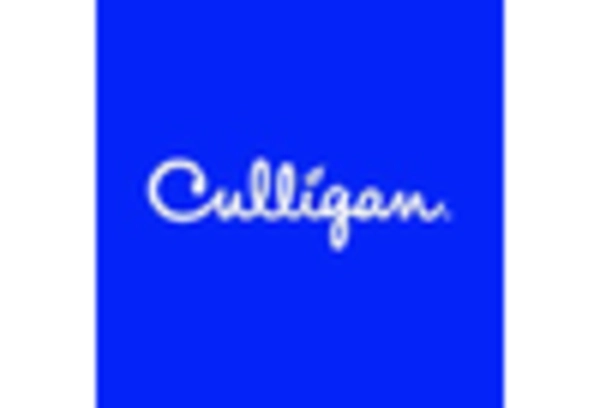
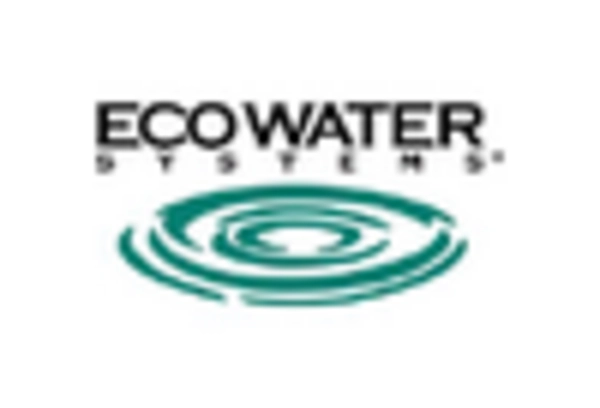
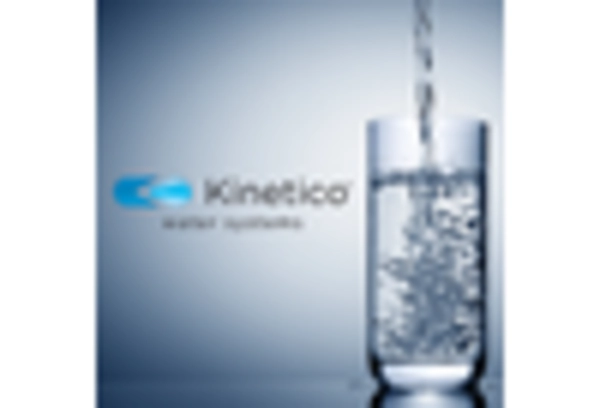
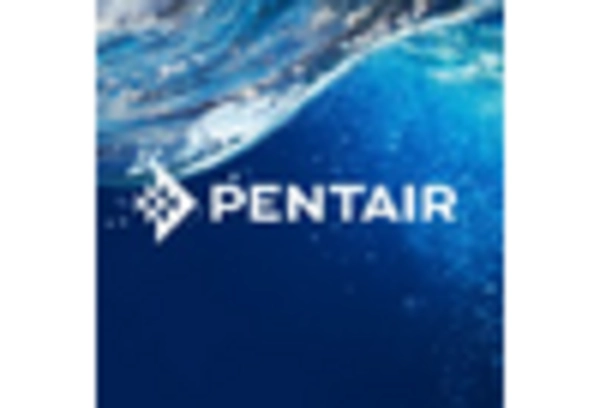
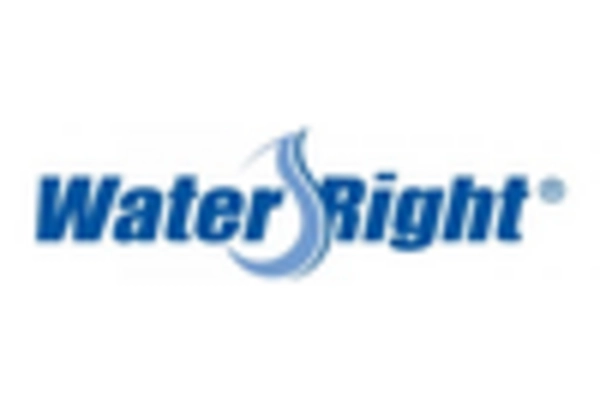










Leave a Comment